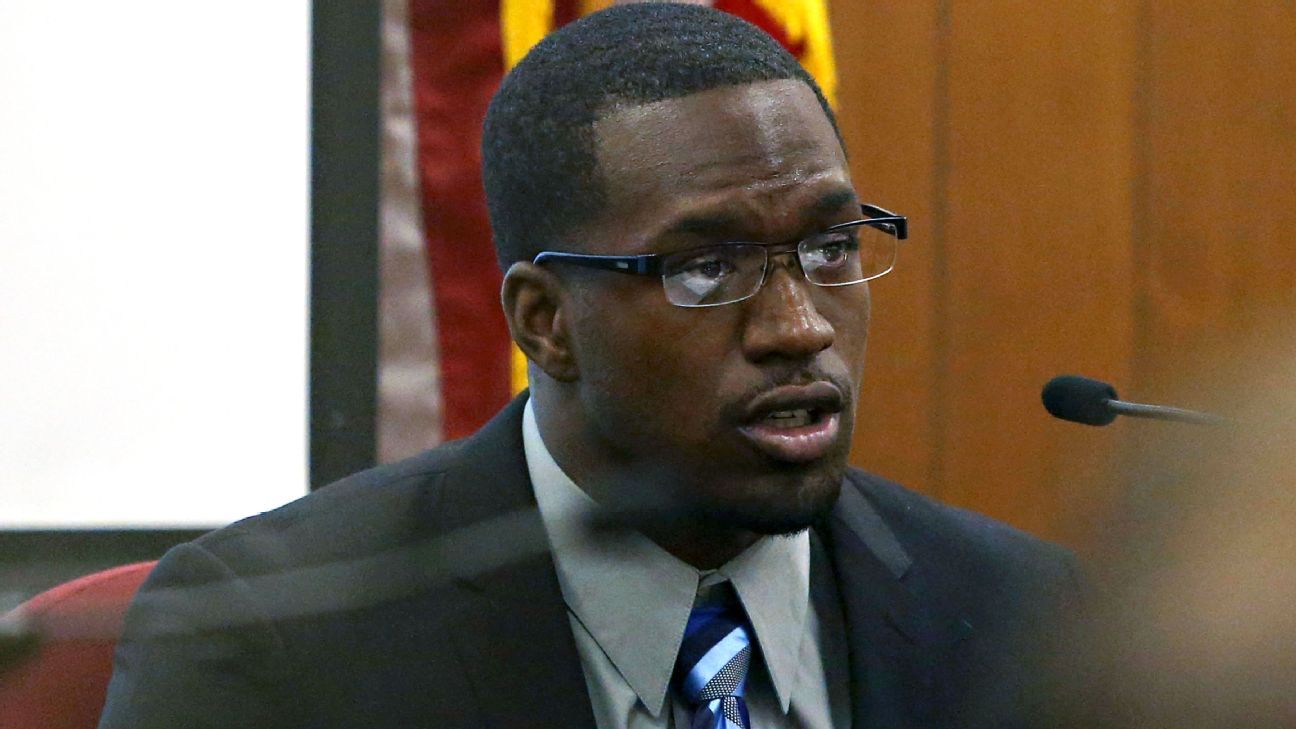The Texas Tenth Court of Appeals in Waco ruled Wednesday to uphold the 2015 sexual assault conviction of former Baylor football player Samuel Ukwuachu, ending several years of appeals that bounced back and forth between state courts.
The justice wrote that the court found “no reversible error” after Ukwuachu claimed his due process rights were violated during the trial in which he was convicted for sexually assaulting a former female Baylor soccer player in 2013.
While this direct appeals process is over, Texas law does give Ukwuachu other routes to contest his conviction. His attorney, William A. Bratton, said Ukwuachu is “disappointed” in the decision and “intends to continue his efforts to have the true facts finally proven in court.”
Barry Johnson, the McLennan County district attorney, said the ruling is a “significant milestone in the appellate process.”
“Our hope is that today’s ruling will bring some sense of comfort and closure to the victim,” Johnson said in a statement to ESPN.
The lower appeals court previously overturned Ukwuachu’s conviction in 2017 and 2019, only to be twice overruled by the Texas Court of Criminal Appeals, which most recently reinstated the conviction in November 2020.
Previous appeals focused on six aspects of the case for which Ukwuachu’s attorney said the former football player was denied due process. This most recent appeal focused on two of those issues: allegations of improperly admitting evidence relating to Ukwuachu’s relationship with a prior girlfriend, and using the grand jury proceedings to intimidate a witness, who was Ukwuachu’s roommate at the time.
The court disagreed with Ukwuachu’s argument by saying that, during the trial, he objected only to the relevance of the prior girlfriend’s testimony, and that he did not meet the burden to establish a due process violation regarding his allegations of “impermissible use of the grand jury.”
Ukwuachu had been sentenced to 180 days in jail, 10 years’ felony probation and 400 hours of community service, and he had to register as a sex offender.
His conviction, which came after a university investigation had cleared him of any wrongdoing, was in many ways the starting point for the series of public revelations about sexual violence at Baylor. The conviction garnered intense media attention and public scrutiny, and it prompted Baylor to conduct an internal review of its Title IX practices as more women came forward with reports of assaults by athletes.
In May 2016, the school fired football coach Art Briles and suspended athletic director Ian McCaw, who would later resign. It also demoted former president Kenneth Starr, who would later resign; Starr died earlier this month.
